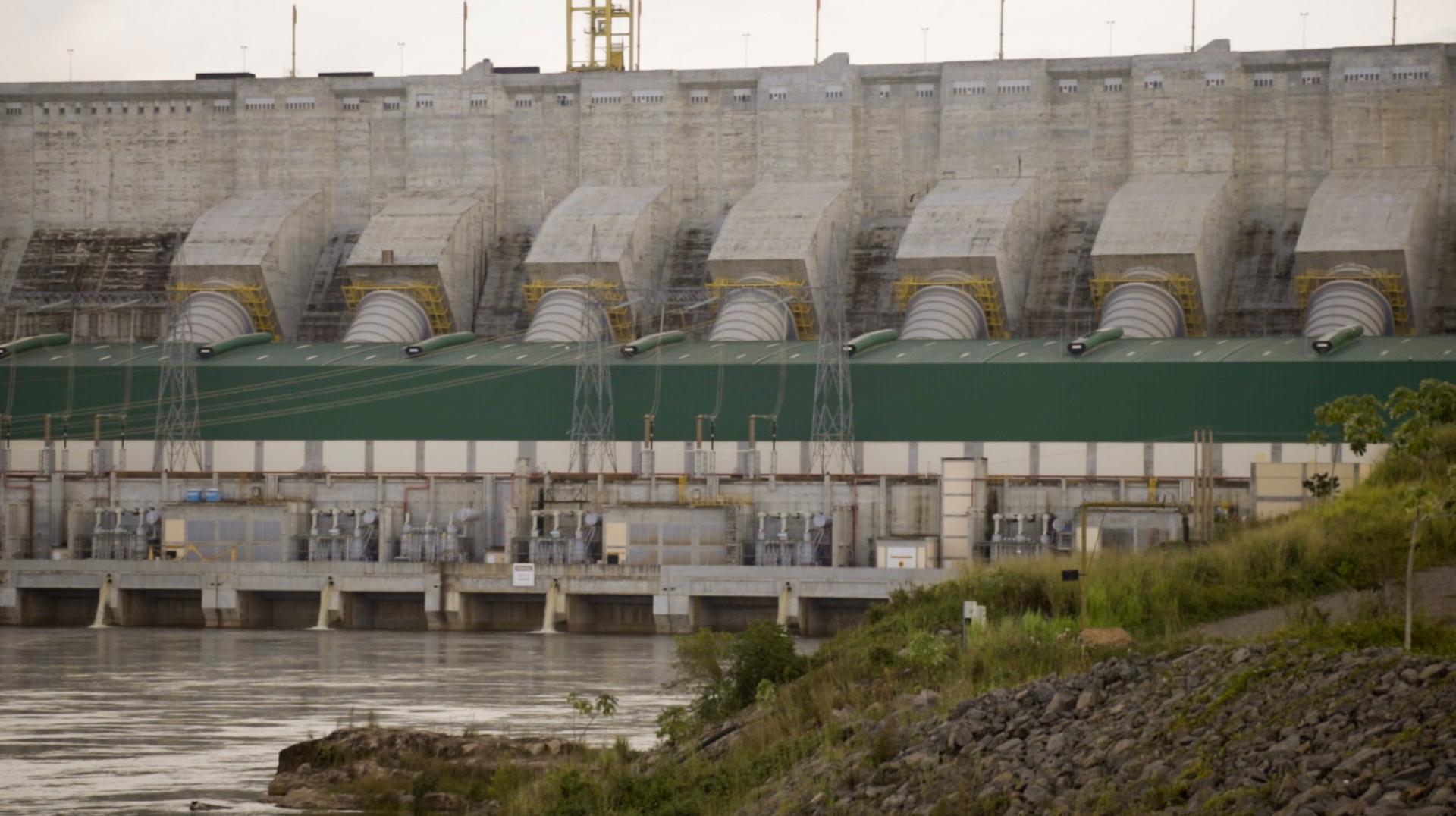Lula vows to end illegal mining in the Amazon. But legal mining is more complicated.
Cleyson Juruna stands at the edge of the Xingu river, staring out over the water. He’s the young chief of the Juruna people, who have lived in the Amazonian state of Pará for generations.
“The Xingu River is our life,” he said. “She’s our mother. Our arms and legs. It’s our means of transportation and our food.”
But in recent years, times have been hard.
In 2016, a new hydroelectric dam began to wreak havoc on the river, decreasing water levels by 80% and killing tons of fish, a major source of food for Cleyson and his people.
Now, the Juruna face yet another threat.

Just upstream from their territory, the Canadian mining company Belo Sun hopes to open the largest open-pit gold mine in the Amazon. The company says the location contains almost 4 million ounces of gold, worth more than $8 billion.
Belo Sun general manager Rodrigo Costa told The World in an email that the operation would “promote sustainable development” by providing 7,000 jobs, tax revenue, infrastructure and socio-environmental projects.
But Cleyson Juruna said the mine would be a disaster.
“Belo Sun is here to practically end the lives of the native peoples who live here: the Juruna and the Arara,” he said. He pointed to a map. Roughly 6 miles divide the location of the planned mine from Paquisamba Indigenous land, where Cleyson and his people live. In the middle is the Xingu River.
“If there were any type of tragedy,” he said, “any leak of something toxic, it would contaminate the entire region, the communities and Indigenous territories. Ours and others downstream.”

Belo Sun says the mine was designed to have zero environmental impact. General manager Rodrigo Costa told The World that “there will be no discharge of effluents into the environment, which is an industrial practice in organized and responsible gold mining.”
But environmental and Indigenous activists are not taking chances. In December, the San Francisco-based nongovernmental organization Amazon Watch released a report underscoring the dangers of the project. It accused Belo Sun executives of spreading misleading information and downplaying risks.
Indigenous leaders protested against the mine at a Biodiversity Conference in Montreal last month.
“People need to understand that this mine will not just impact the state of Pará and the Indigenous peoples, it will impact the world,” Indigenous leader Puyr Tembé said at the conference. “You will feel the impact. Humanity needs to wake up.”

In a 2017 video from Belo Sun’s Facebook page, residents of the town of Ressaca, near the mining site, rallied in favor of the project. “We have miners, farmers and fishermen who depend on development,” said a man in a white cowboy hat. Behind him, someone held a sign reading,”Make our opinion count.”
Belo Sun officials say local communities approved the project in a series of local consultation processes held over the last decade. But Indigenous and environmental activists say those meetings were flawed, with residents pressured, and local Indigenous communities never gave the green light for the project.
Mining in the Amazon comes in the form of both large-scale projects like Belo Sun’s Volta Grande mine, and from illegal wildcat miners who have pushed onto Indigenous territories in recent years.
Brazil’s new President Luiz Inácio Lula da Silva has called for sustainability and vowed to end wildcat mining.
“We’re going to stop any possibility of illegal mining. We need more than just a law. It needs to be a declaration of faith,” Lula said on the campaign trail.

But Lula’s relationship with legal mining in the Amazon will likely be more complicated. Some operations are deeply rooted. The largest iron-ore mine in the world, for instance, has been located in the southern Amazon for half a century.
Hundreds of companies have mining applications pending across the Brazilian Amazon.
“This mining might be legal, in that there is a supposed consultation process and such,” said Gisele Costa, a professor at Amazonas Federal University, who specializes on the impacts of mining in the region, “but the extraction of that ore will still pollute the rivers, kill people and so on.”
Belo Sun is awaiting a pair of licenses for the mine to proceed. They hope they can get the green light this year. Indigenous and environmental activists have vowed to do everything in their means to ensure that that approval never comes.
